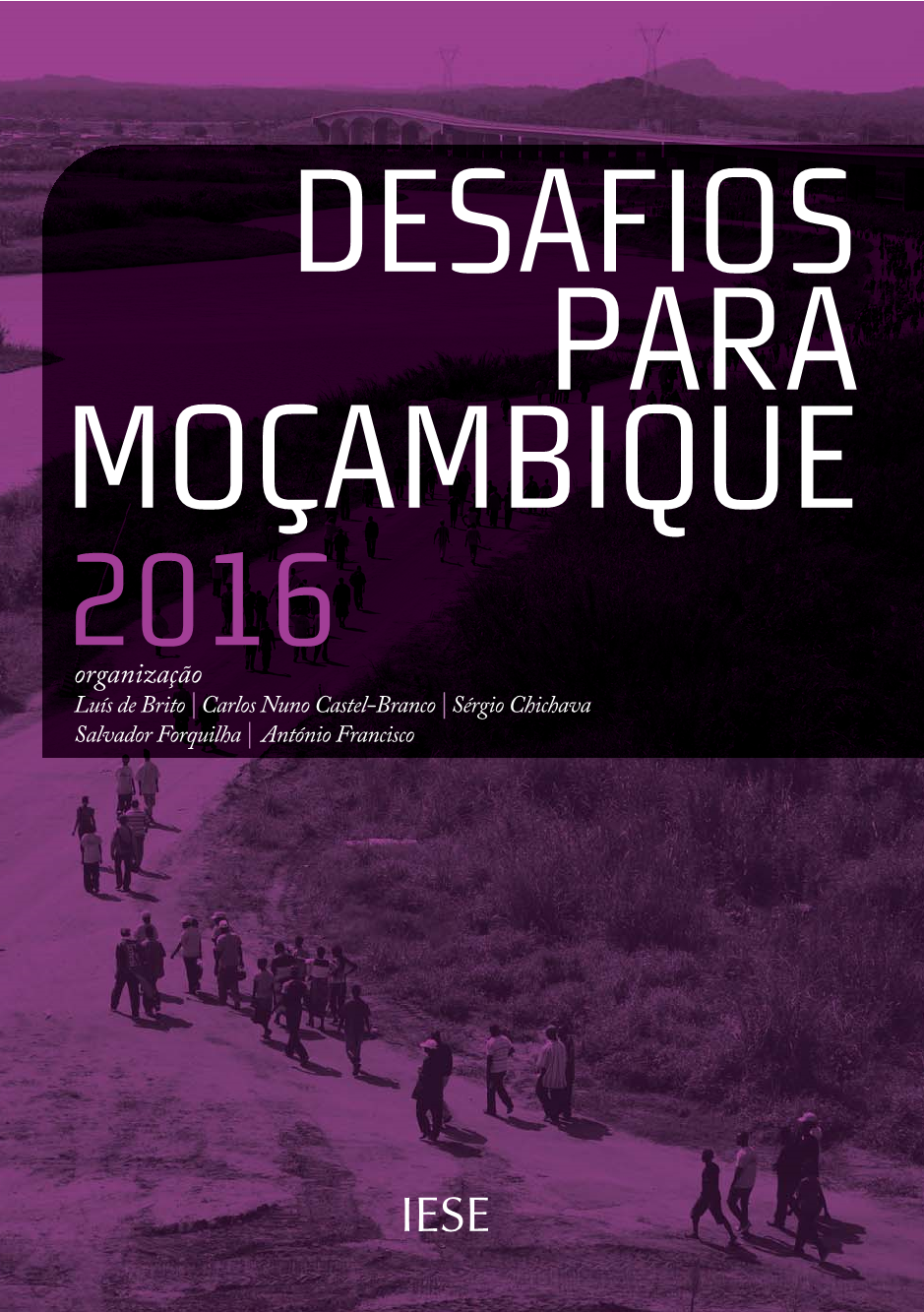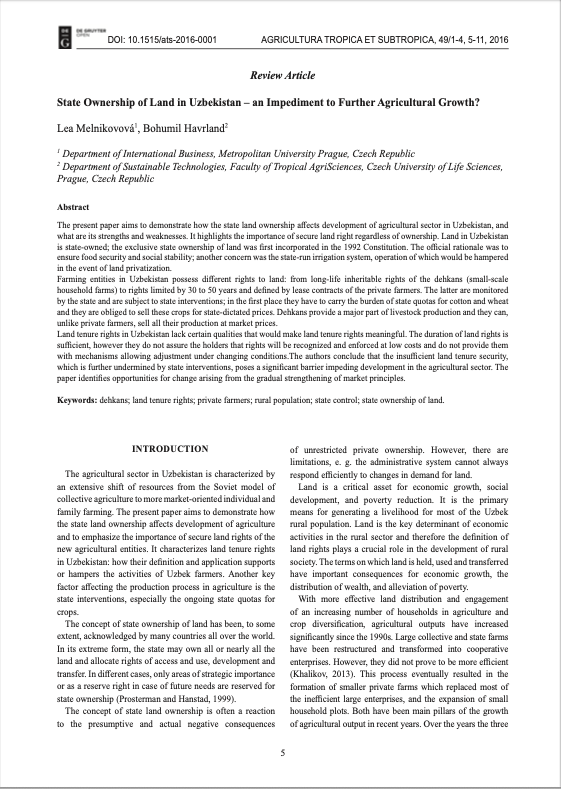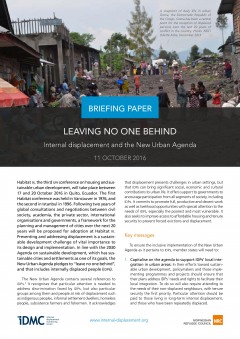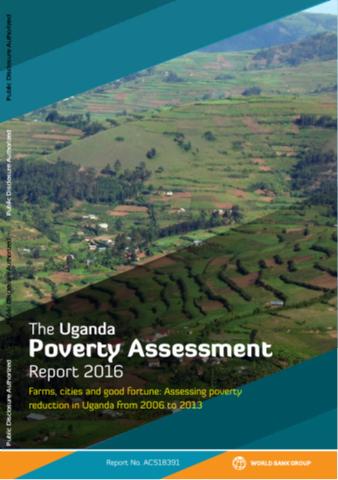Creating accountability: representation and responsiveness of the irrigation bureaucracy in Punjab, Pakistan
Here, more than 100 years of incumbency reports on officers of the irrigation bureaucracy of Punjab, Pakistan, are presented and analyzed. The data highlight how representation changed before and after partition within the irrigation bureaucracy. The data show that the irrigation bureaucracy increased through staffing its representation of local communities and is in its appointments responsive to elected representatives. Therefore, it is argued that empowerment of the local community can be achieved without irrigation management transfer but through the irrigation bureaucracy itself.









